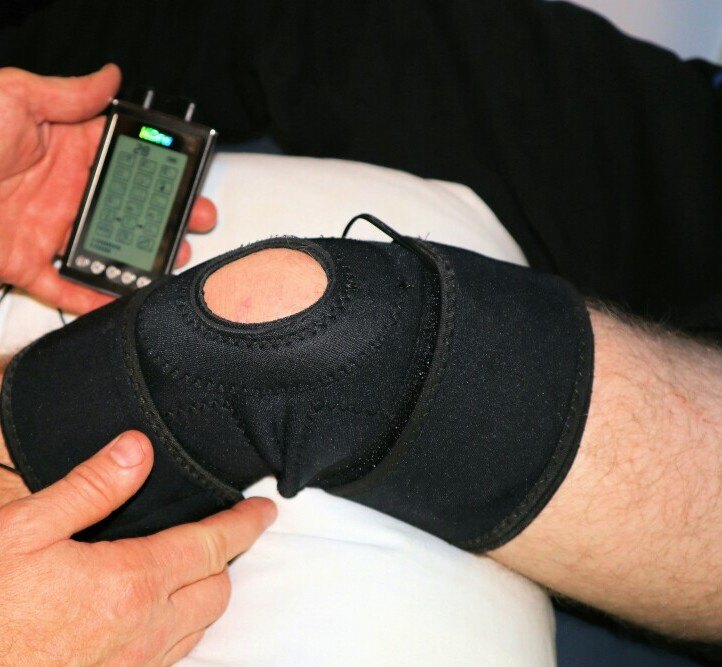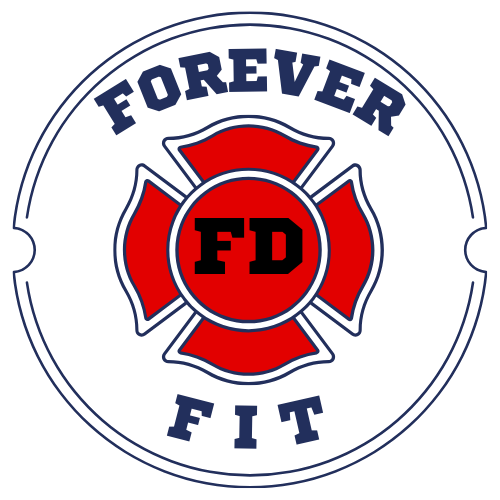Retirement is a huge change, and when physical limitations are thrown into the mix, it can feel overwhelming. You’re saying goodbye to a routine that probably defined a big chunk of your life. That psychological shift is no small thing.
Common reactions include frustration, sadness, or even anger. Things once effortless might now require planning or asking for help. It’s totally normal to have these feelings. Giving yourself permission to feel and process is crucial to handling changes healthily.
Start by acknowledging what you’re feeling instead of pushing it aside. It’s okay to grieve the loss of your previous abilities. Talk about it with friends, family, or a therapist. Opening up is often the first step to healing.
A positive mindset isn’t about ignoring the hard stuff. It’s about adjusting your focus to the things you can do and achieve. Practicing gratitude, keeping a journal, or meditating are some ways to keep your mental health in check during this transition.
Adapting to a New Routine and Lifestyle
Switching up your daily routine is a big part of adapting to retirement, especially when dealing with physical limitations. It’s about finding what works for you now, not what used to work. This is an opportunity to explore new structures and habits that fit your current lifestyle.
Exercise still plays a huge role in keeping active, even if it looks different now. Maybe it means morning stretches or going for a walk instead of more strenuous activities. Gentle physical activities can do wonders for energy and mood. It’s not about how much you do, but that you keep moving.
Balancing independence while knowing when to ask for help is key. Lean on the people around you—friends, family, or local services. It doesn’t make you any less independent. In fact, it shows strength to connect with others.
Exploring new hobbies or getting back to old ones can add joy to your days. Whether you pick up painting, gardening, or learning a new language, these activities keep the mind sharp and spirits high. Keeping your interests alive is a perfect way to cope with changes.
Accessing Support Systems and Resources
Getting a solid support system in place isn’t just helpful—it’s vital. Knowing where to look for resources can make the transition into retirement much smoother, especially if you’re facing physical challenges.

Community resources are plentiful, and many are designed specifically to help seniors stay active and engaged. From local senior centers offering activities and classes to social clubs that keep you connected, there’s a lot you can tap into.
Keeping social connections strong is more important than ever. Regular interaction with friends or joining new groups can significantly boost your morale. It’s all about avoiding isolation and keeping those social bonds tight.
Finding the right medical team and professional help is crucial. Whether it’s a physiotherapist, a personal trainer who’s experienced with senior fitness, or an occupational therapist, their guidance can make handling physical limitations far easier.
Integrating technology might seem daunting at first, but it opens up opportunities for independence. From health monitoring apps to gadgets that assist with daily tasks—technology can enhance your quality of life while keeping you connected and safe.
More To Life Than Firefighting
After a long career of serving others and getting your body beat up in the process, consider living for yourself a bit.
Retirement opens the door to all sorts of new possibilities. Rediscovering purpose and joy is not just a feel-good phrase but an achievable reality, even with physical limitations.
Exploring new or adapted interests is a rewarding journey. Gardening, watercolor painting, or trying your hand at writing that novel you’ve always dreamed about are just a few activities that can fit your current capabilities. These hobbies aren’t just time-fillers; they’re ways to express yourself, have fun, and maybe even discover hidden talents.
Volunteering can give you a sense of purpose and community that’s so fulfilling. Look for opportunities that align with your passions, and adjust as needed to fit your physical needs. Every little bit helps, and feeling connected through helping others can be incredibly uplifting.

Staying curious and open to learning can keep life exciting. Whether it’s picking up a few words in a new language, attending lectures, or learning how to use that new gadget, don’t underestimate the satisfaction of gaining new knowledge.
Finally, setting small, achievable goals makes a significant difference. Whether it’s daily walks to a nearby park or trying a new recipe every week, celebrating these milestones brings a sense of achievement and keeps the excitement alive in life.
During my career, I sustained some significant injuries—a torn meniscus on my right knee that was repaired, and a torn pectoralis major chest muscle.

These injuries didn’t end my career or anything tragic like that, but they have caused me to alter my workouts and lifestyle a bit.
What injuries have you sustained in your firefighting career? How have you adjusted your lifestyle to adapt and overcome?
Leave a comment…I’d love to hear your story.
